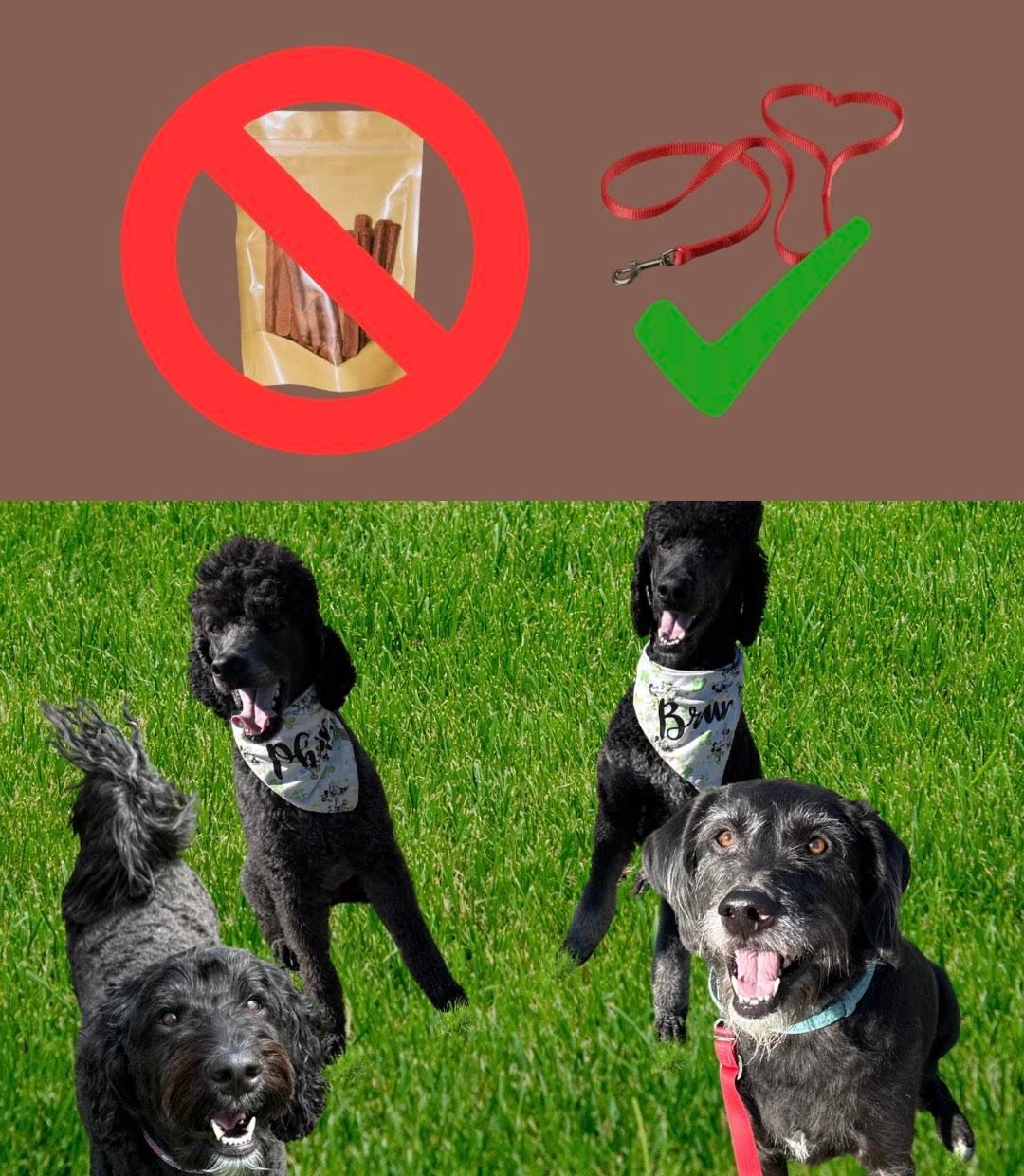How To Protect Your Pet From the Bird Flu
What we know about the bird flu and what you can do about it to keep your pet safe.

WHAT WE KNOW
Alarms were sounded late last year when cases of the bird flu were rapidly rising among waterfowl, chickens, and cows across the country. Pet parents grew increasingly concerned about their pets after domestic cats died from the virus. Since 2022, there have been 126 pet cats who have contracted the bird flu.
As opposed to cats, the bird flu is not as fatal in dogs. The group of dogs most at risk of contracting bird flu (the H5N1 HPAIV strain) are hunting dogs, particularly waterfowl-retrieving hunting dogs. While these dogs are at the highest risk to contract the virus, infected waterfowl have been found on urban shorelines where many dogs regularly enjoy a lovely stroll and may find themselves closer to the bird flu than any pet parent would like.
WHAT TO DO
GET UP-TO-DATE INFO
LOCAL
Contact your pet’s vet and a few other local vets to ask for their recommendations. It is important to get the opinion of more than just one professional. Your vet may not have seen any confirmed cases and tell you that you shouldn’t change anything about your dog’s routine, but another local vet may have just seen or heard of a recent case locally or regionally and have different advice for you.
ONLINE
Follow veterinarians on social media. Until the bird flu becomes an outbreak, local vets may not concern themselves too much with it. On TikTok and YouTube, Michele Forbes DVM and Frank Bozelka DVM are veterinarians who have been sharing up-to-date national news and data about bird flu in companion animals and their advice on how to keep your pets safe from the virus.
PREVENTATIVE MEASURES
Novel viruses like COVID and H5N1 will not have effective vaccines when they first pop up and spread, so it is important to have a safety protocol in place for you and your pet when they do.

CATS
- Refrain from feeding your cat raw food. Many cat parents are tapping into their indoor cat’s wild side by feeding them raw food since they cannot go outside to hunt. Raw cat food has been found to be contaminated with the bird flu. To reduce your cat’s risk of infection, you can substitute raw food with a cooked variety of canned food. Consult your veterinarian before making any changes to your cat’s diet.
- Bring your outdoor cat indoors. Bringing your nature-loving kitty inside won’t be an easy feat, so you will need to do this incrementally. At each mealtime, bring the food bowl closer to a door to your home, then place the bowl directly outside of the door, then place the bowl right inside of the door with the door open, then begin feeding your cat inside with the door closed. Set aside time for your cat to be indoors to become acquainted and comfortable with being inside. When you need your cat to be inside due to a viral outbreak or dangerous weather conditions, you will have a significantly easier time bringing your cat inside.
- Remove all bird feeders. Since wild birds are the spreaders of the virus, removing all incentives for birds to approach your home will help to reduce your outdoor cat’s chances of coming into contact with the bird flu.

DOGS
Because waterfowl are migratory, they can be found anywhere where there are bodies of water which includes rural towns and urban cities. This strain of the bird flu has been mostly seen on farms, but it has also been found in birds who congregate on lakes near cities.
- Find a new walking route away from water. Your dog may love their routine walk by a creek or around a lake, but they will be excited to discover new sights, sounds, and smells on a new route.
- Keep your dog on a leash. Even the tamest of pups can be driven by prey and may surprise you by chasing after a bird or squirrel. To prevent your dog from coming in contact with an infected animal, make sure that they are always attached to a leash. Leashes come in many different lengths, so you can experiment with which length works the best for your dog.
- Don’t give your dog food with raw meat ingredients. Unfortunately, this includes freeze-dried treats and meal toppers. There are freeze-dried options that are made with cooked meat, so make sure to read the ingredients before purchasing and giving to your dog.
Don’t panic.
We made it through a global pandemic and have learned a lot. While there is not currently a vaccine for H5N1, there are plenty of things that you can do to keep your pet safe. If you have any questions or concerns about your pet’s health, your veterinarian is a phone call away.
References
Bendix, A. (2025, April 4). It’s time to worry about bird flu in cats. NBCNews.com. https://www.nbcnews.com/health/bird-flu/bird-flu-in-cats-rcna198374
Bozelka, F. (n.d.). Dr. Bozelka, er veterinarian. YouTube. http://www.youtube.com/@Dr.BozelkaERVet1
Chothe, S. K., Srinivas, S., Misra, S., Nallipogu, N. C., Gilbride, E., LaBella, L., Mukherjee, S., Gauthier, C. H., Pecoraro, H. L., Webb, B. T., Pipas, J. M., Ramasamy, S., & Kuchipudi, S. V. (2024). Marked neurotropism and potential adaptation of H5N1 clade 2.3.4.4.B virus in naturally infected domestic cats. Emerging Microbes & Infections, 14(1). https://doi.org/10.1080/22221751.2024.2440498
Forbes, M. (n.d.). Michele Forbes DVM. YouTube.http://www.youtube.com/@drforbeez
Jones, B. (2025, February 10). Dead birds wash up on Lake Michigan shore; Bird flu concerns rise. FOX6 News Milwaukee. https://www.fox6now.com/news/dead-birds-wash-up-lake-michigan-shore-bird-flu-concerns-rise
Kanowski, K. (2025, March 17). Can dogs get bird flu? our vet discusses signs, causes & treatment. Dogster. https://www.dogster.com/ask-the-vet/can-dogs-get-bird-flu
Ziejka, R. (2024). Hunting Dogs as Sentinels for Avian Influenza: Examining Zoonotic Disease Transmission Risk and Human-Canine Interactions. ProQuest. https://www.proquest.com/openview/b93cacf2c7e62406cfb54d4a430e5e56/1?cbl=18750&diss=y&pq-origsite=gscholar

